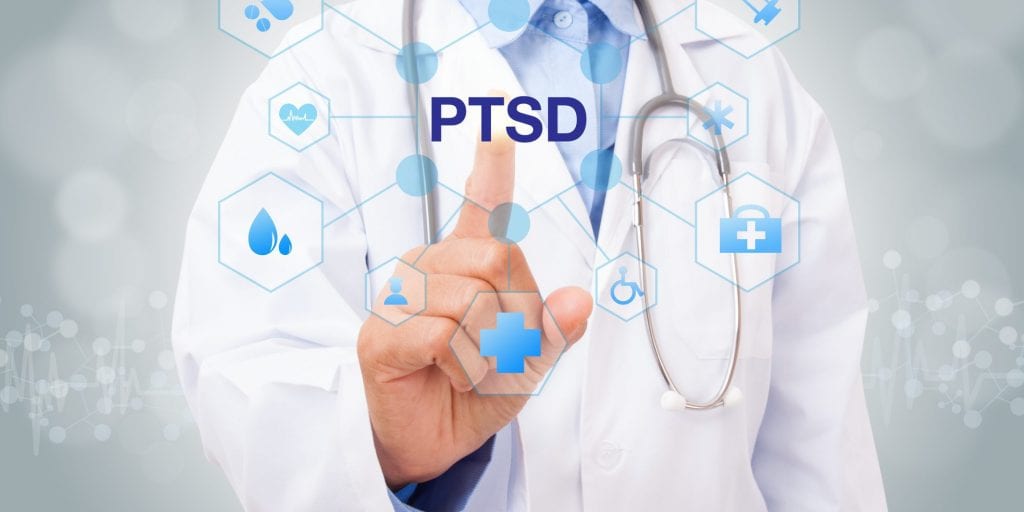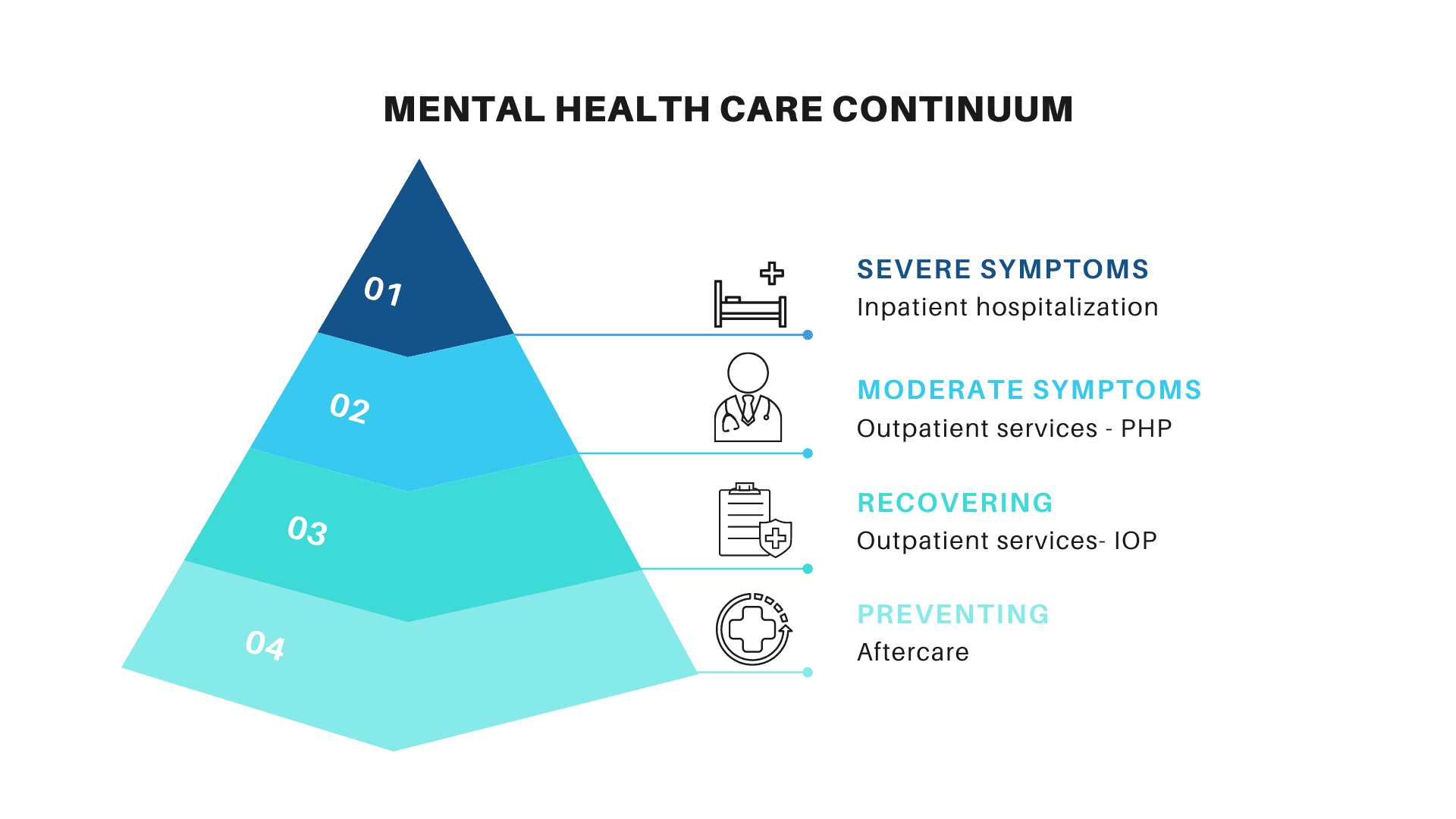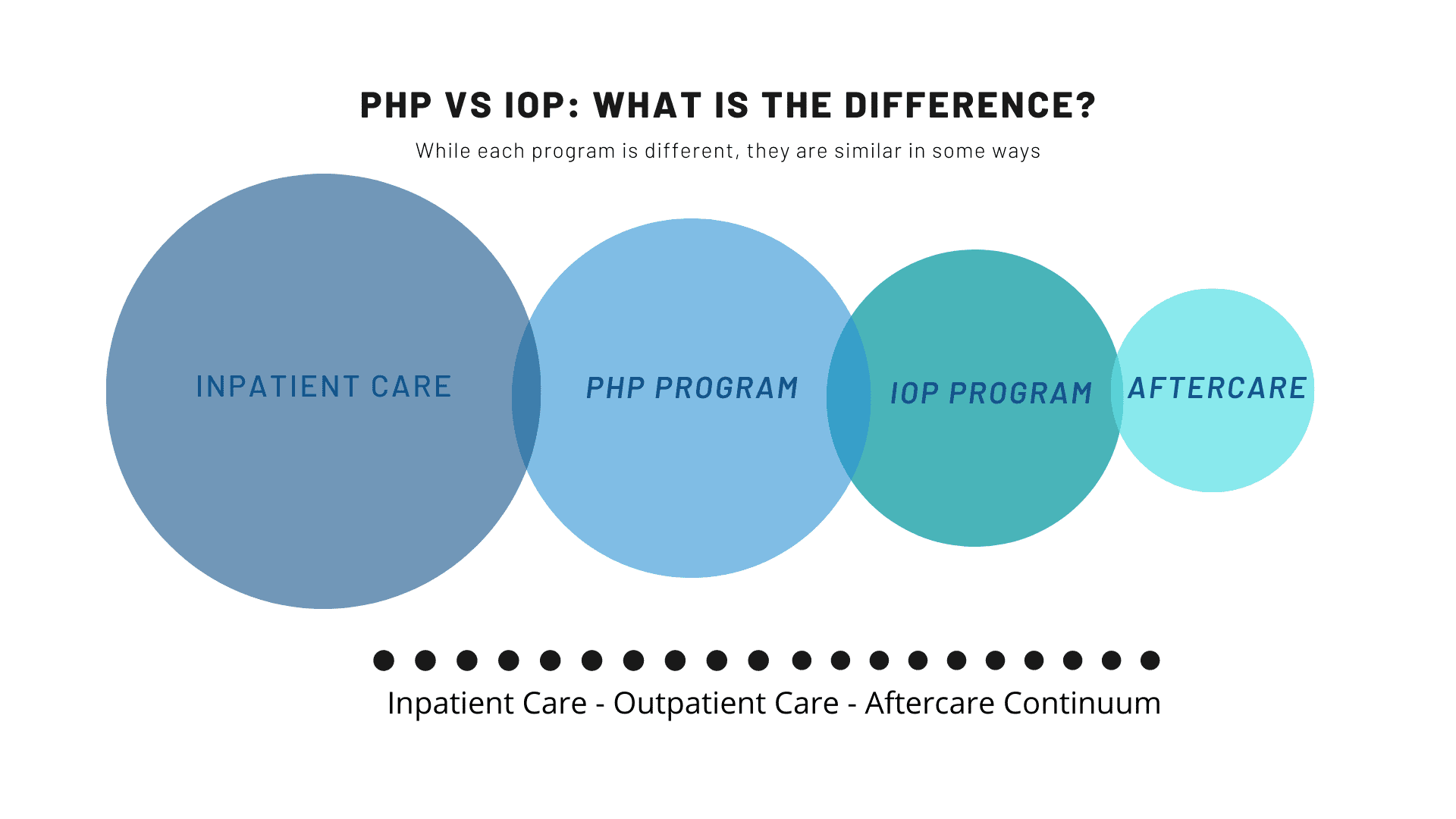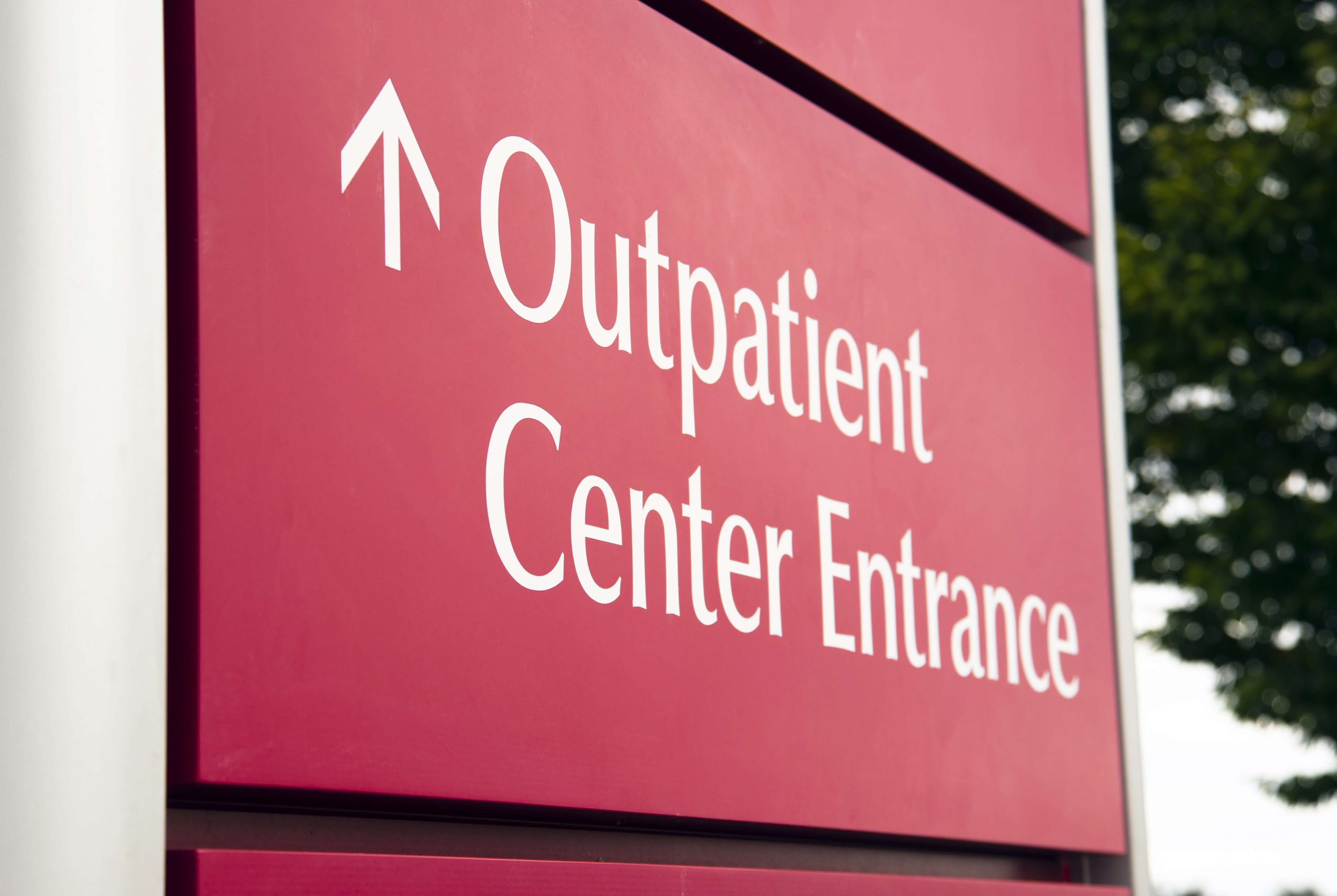PTSD Treatment In Los Angeles, California
Updated 01/20/2023
Overland IOP & PHP in Los Angeles, California is an outpatient mental health and addiction treatment center offering a wide array of comprehensive psychiatric, counseling, and addiction treatment services for individuals, couples, and families. As one of the leading PTSD treatment centers in Los Angeles, California, we have been blessed to learn as much from our clients as they have learned from us.
PTSD IOP or PHP program is a serious endeavor, and we respect that you have overcome a lot of fears and uncertainties in deciding to engage in outpatient treatment. While there will always be elements of discomfort in any therapy regimen as we examine what you’ve experienced to help you move past it, we feel that the risks of further aggravating trauma that come with exposure therapy simply aren’t worth it. We believe in the Hippocratic Oath to “first, do no harm,” and will never willingly engage in therapeutic recommendations that don’t have a much stronger likelihood of helping than hurting you.
The Trauma Intensive Outpatient Program (IOP) and Partial Hospitalisation program (PHP) are designed to help individuals who have experienced a traumatic event that is causing ongoing mental health symptoms or PTSD (Post-Traumatic Stress Disorder). For those who struggle due to constant feelings of fear and a lack of control, the goal of this treatment track is to provide a sense of safety and stabilization.

What is Post-Traumatic Stress Disorder?
PTSD is a condition that can occur as a result of experiencing any kind of trauma. Some of the most common trauma that is known to trigger its symptoms include death, sexual or non-sexual violence (whether it is threatened or actually occurs), and enduring a physical injury. Just one event can trigger symptoms, but certainly, experiencing multiple traumatic events can do so as well. It was originally referred to as “combat fatigue” and “shell shock” after World War II, when soldiers returned home only to experience nightmares, flashbacks, and intense emotions when something in their environment triggered them.
These psycho-emotional results can impact how a person goes about their everyday life. Most people with this condition have specific stimuli that trigger their symptoms. For example, a war veteran might be triggered by the sound of fireworks.
Per the fifth version of the Diagnostic and Statistical Manual for Mental Disorders (DSM-5), this condition can develop at any age. Of course, the more intense or longer a traumatic event lasts, the stronger the chances are that it will result in the person experiencing symptoms.
Symptoms of Post-Traumatic Stress Disorder
Symptoms of this disorder can vary from person to person since each case is based on a unique trauma (or series of traumas). However, the most common manifestations of symptoms include:
- Intrusive thoughts
- Distorted self-perceptions and perceptions of others
- Avoiding anything that is reminiscent of the trauma that occurred
- Feeling angry, irritable, or engaging in reckless behavior
For many people, symptoms that occur in the immediate aftermath of a traumatic event taper off over time. However, for those with post-traumatic stress, symptoms can last months or even years. In some cases, people do not develop symptoms until months or years have gone by, but the impact can still be deeply profound and disruptive of everyday life.


PTSD and Addiction
There is a biological explanation for why addiction is so common for those with post-traumatic stress. When post-traumatic stress symptoms are triggered, the “fight or flight” survival mechanism we all have got activated by the adrenal glands, which produce the primary stress hormone called cortisol. Those with post-traumatic stress experience excessive cortisol levels, which, in turn, cause a massive array of physiological and psychological complications (ranging from heightened blood pressure to memory impairment).
Alcohol and other addictive substances are often used as a way to distract the brain from focusing on the stress triggers. Unfortunately, this doesn’t treat post-traumatic stress and can even exacerbate its severity, which is why it is crucial to consider clinical modes of treatment with a counselor.
Post-Traumatic Stress Disorder Treatment Centers
Post-traumatic stress is a serious condition, but it is one that has seen a lot of success in terms of treatment. Forms of PTSD treatment can vary, but there are about half a dozen of them that are most commonly used:
- Cognitive Behavioral Therapy
- Cognitive Processing Therapy
- Prolonged Exposure Therapy
- Eye Movement Desensitization and Reprocessing
- Stress Inoculation Training
- Medications
In Cognitive Behavioral Therapy (CBT), the goal is to get the client to change their disruptive thought patterns. This usually involves opening up and talking about the traumatic event(s) and the feelings behind them. Cognitive Processing Therapy (CPT) is a more condensed, writing-based version of CBT that encourages clients to write in-depth about how they experience thoughts and emotions related to their post-traumatic stress.


Prolonged Exposure Therapy is generally reserved for those who are actively avoiding stimuli that trigger their symptoms. It typically takes about fifteen 90-minute sessions in which counselors first coach relaxation techniques (like deep breathing) before systematically exposing clients to each of their reported triggers. Treatment isn’t considered successful until a client can face these stimuli on their own without experiencing their post-traumatic stress symptoms.
Eye Movement Desensitization and Reprocessing (EMDR) can be effective for those who have trouble verbalizing the emotions they experience in connection with their trauma. During EMDR sessions, imagery is introduced so that the mind is allowed to redirect its focus to something more positive. As therapy continues, clients should be able to think more positively when they are exposed to their triggering stimuli.
Stress Inoculation Training (SIT) is a sub-form of CBT that teaches coping skills and primes clients for dealing with triggers before they even happen. Counselors guide clients on how to silently speak with themselves with the new narratives put into place by CBT. Role-playing and exposure therapy are also engaged during SIT.


Of course, in some cases, medications might be recommended for additional assistance in coping with symptoms. SSNIs and SSRIs (such as Paxil and Zoloft) tend to be the go-to medications for starting treatment, but beta-blockers, anti-depressants, benzodiazepines, antipsychotics, and MAOIs are sometimes used as well. Those who have insomnia might be prescribed Minipress, although it might not be effective for treating any of the daytime symptoms.
PTSD treatment is not a one-size-fits-all system. As the individual and their experiences vary, so do the forms of treatment. This is why it is important for anyone who suspects they might have post-traumatic stress disorder to seek professional help; there is no shame in reaching out.
PTSD Treatment Plan
There are many treatment options for PTSD available, and the types of therapy used can vary quite a bit between different PTSD treatment centers. While your treatment plan will be customized to meet your unique needs. Usually, the PTSD treatment options include:
- EMDR therapy for PTSD (eye movement desensitization and reprocessing)
- Cognitive behavioral therapy for PTSD (CBT)
- Dialectical behavior therapy for PTSD (DBT)
- Somatic experience therapy for PTSD (SE)
PTSD IOP or PHP program is a serious endeavor, and we respect that you have overcome a lot of fears and uncertainties in deciding to engage in outpatient treatment. While there will always be elements of discomfort in any therapy regimen as we examine what you’ve experienced to help you move past it, we feel that the risks of further aggravating trauma that come with exposure therapy simply aren’t worth it. We believe in the Hippocratic Oath to “first, do no harm,” and will never willingly engage in therapeutic recommendations that don’t have a much stronger likelihood of helping than hurting you.


HOW OVERLAND IOP CAN HELP
Overland IOP is a facility that demonstrates personalized care to every individual that arrives here, as every person is different and has unique requirements and objectives they want to meet. Our team, at Overland IOP, offers services that range from mental health counseling to rehabilitative services for various and complex addictions. Navigating the world of recovery and healing should not be a singular undertaking, especially when such beneficial resources such as ours exist and are here to help. With the new California mental health law, quality care and support have become significantly more accessible to those that are in urgent need of mental health aid, and Overland IOP is undoubtedly one of the best facilities in the state when it comes to providing these crucial services. Overland Intensive Outpatient is ready to provide both in-person and virtual care (Telehealth services). Help is only one call away! We work 24/7.
Published: March 03, 2021


Published: September 29, 2024
The Role of Nutrition in Mental Health Recovery
When it comes to mental health recovery, therapy, medication, and lifestyle changes are often highlighted as key components. However, one critical factor that is sometimes overlooked is nutrition. The food we eat plays a significant role in how our brain functions, impacting our mood, energy levels, and overall mental well-being. At Overland IOP, we recognize […]
Read more

Published: September 23, 2024
What Is Partial Hospitalization Program (PHP) for Addiction?
When it comes to addiction recovery, finding the right treatment program is essential to ensuring long-term success. One effective option for those seeking intensive care without the need for full-time residential treatment is the Partial Hospitalization Program (PHP). But what exactly is PHP, and how does it benefit individuals in addiction recovery? Understanding PHP: The […]
Read more

Published: September 14, 2024
Mindfulness Techniques for Addiction Recovery: Finding Balance and Peace
In the fast-paced world we live in, finding moments of calm and clarity can feel like a challenge. For individuals on the path to addiction recovery, learning to manage stress, anxiety, and cravings is critical for long-term success. One approach that has gained significant attention in recent years is the practice of mindfulness. At Overland […]
Read more
